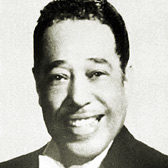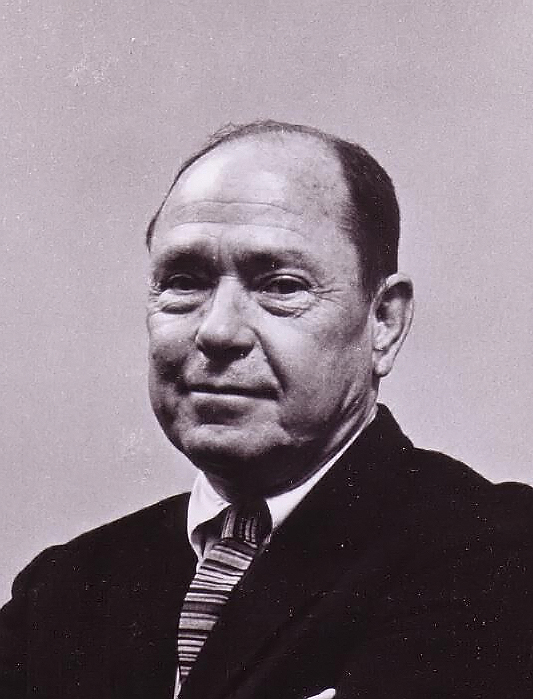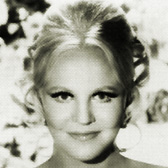
Top Composer, Conductor, Arranger, in 1940s and 50s
Gordon Jenkins
InducteeWorked with Sinatra, Nat King Cole, Andrews Sisters
Gordon Jenkins was born Gordon Hill Jenkins in Webster Groves, Missouri on May 12, 1910, the son of a movie theater organist. While still a child, he would sometimes play the organ at the theater, accompanying his father. Later, during Prohibition, he was the piano player in a St. Louis speakeasy. In the early 1930s, he was hired by a St. Louis radio station where he played banjo and piano. He was then hired by Isham Jones to play the piano and write arrangements for Jones's band. When the band was taken over by Woody Herman in 1936, Jenkins continued as the band's arranger. During this period, he also wrote arrangements for Paul Whiteman, Benny Goodman, and Andre Kostelanetz.
In 1938, he moved to California, where he worked for Paramount Pictures. In 1939 he became music director for NBC's Hollywood based west coast division. From 1944 to 1948, he worked on Dick Haymes’ radio show. In 1945, he became a staff conductor for Decca Records. Jenkins soon became Decca's musical director, and was responsible for bringing The Weavers (a group that included Pete Seeger among its members) to Decca.
When he went to Decca, he also began recording successfully under his own name. He headlined New York's Capitol Theater between 1949 and 1951 and the Paramount Theater in 1952. He appeared in Las Vegas in 1953 and many times thereafter. He worked for NBC TV as a producer from 1955 to 1957, and performed at the Hollywood Bowl in 1964.
In 1957 he arranged and conducted one of Nat "King" Cole's finest albums, Love Is the Thing. He worked extensively with Frank Sinatra, notably as arranger and conductor of the 1957 album Where Are You? and the 1959 album No One Cares. Jenkins worked again with Sinatra as arranger and conductor of the 1965 album September Qf My Years, which included Jenkins's classic song "This Is All I Ask", and for which his arrangement of Ervin Drake's "It Was a Very Good Year" won him a Grammy. His arrangements also contributed significantly to the careers of Judy Garland and Peggy Lee. He also had an important success with his own mini-musical, Manhattan Tower.
He worked frequently with lyricists Tom Adair and Johnny Mercer. Among his best-known songs and instrumentals are "Blue Prelude" (written with Joe Bishop), which Woody Herman used as his theme; "Goodbye", which Benny Goodman used as his closing theme; "Homesick, That's All", "Blue Evening"; "Married I Can Always Get"; "San Fernando Valley"; "P.S. I Love You" (lyric by Johnny Mercer);"You Have Taken My Heart" (lyric by Johnny Mercer); and "When a Woman Loves a Man" (lyric by Johnny Mercer).
Gordon Jenkins died in Malibu, California on April 24, 1984 of amyotrophic lateral sclerosis (Lou Gerhig's disease).










